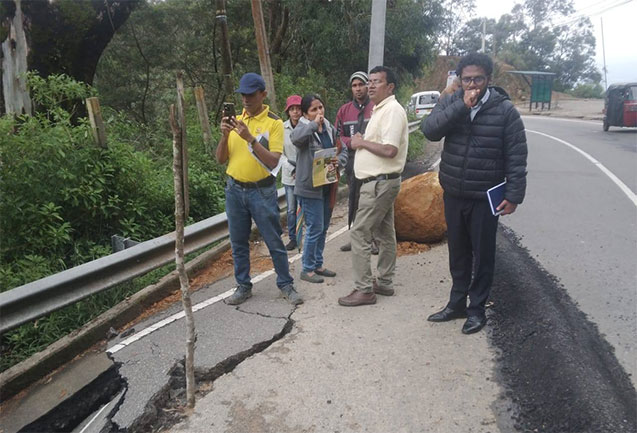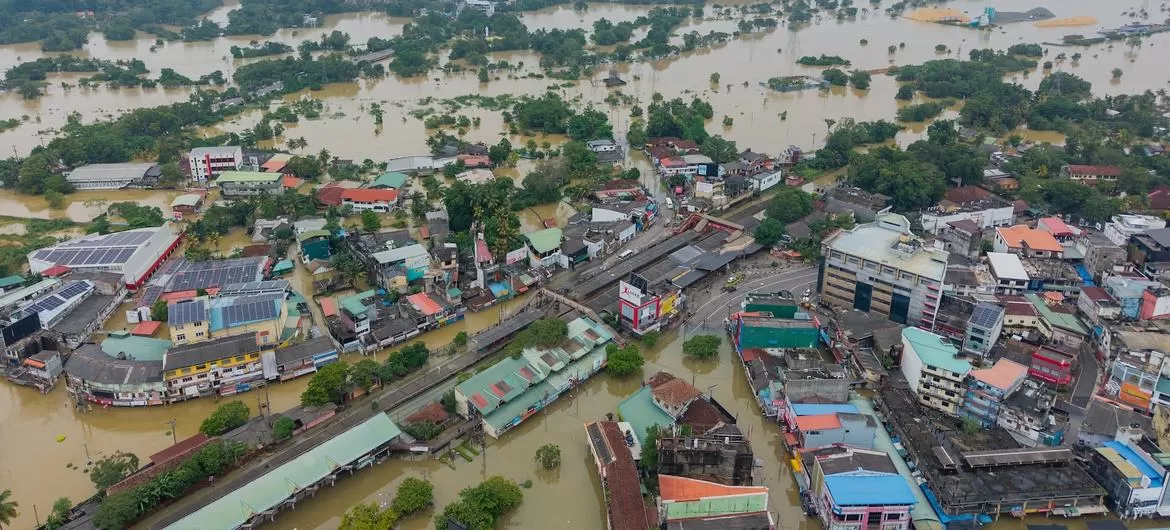According to the Irrigation Department of Sri Lanka, 36 major reservoirs and over 46 medium-sized reservoirs across the country are currently spilling. H.M.P.S.D. Herath, the Director of Irrigation (Water Management), shared this information. In the Ampara District, three out of nine main reservoirs are spilling. All main reservoirs in the Anuradhapura District are also spilling. Additionally, three of the seven main reservoirs in Badulla and three of the four main reservoirs in Batticaloa are experiencing spills. In the Hambantota District, spill gates have been opened at four of the ten main reservoirs. In the Kandy District, two out of three main reservoirs are spilling, while in Kurunegala, four of ten main reservoirs are also affected. Furthermore, one of the three main reservoirs in Monaragala, two of four in Polonnaruwa, three of five in Trincomalee, and one of four in Mannar are spilling, as noted by the Director. He explained that the amount of water being released through the spill gates is small and may change based on future rainfall. The Director urged residents in areas downstream to pay attention to official updates about water releases from the reservoirs. He reassured the public that there is currently no immediate threat of flooding or rising water levels downstream due to the current water discharge from the reservoirs.

















